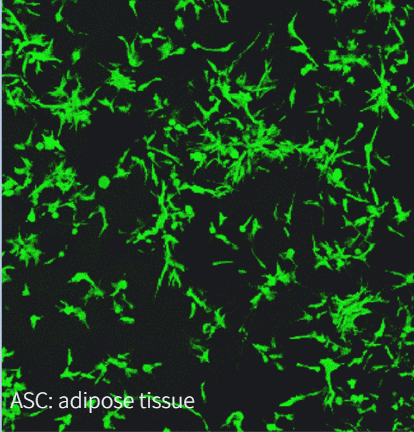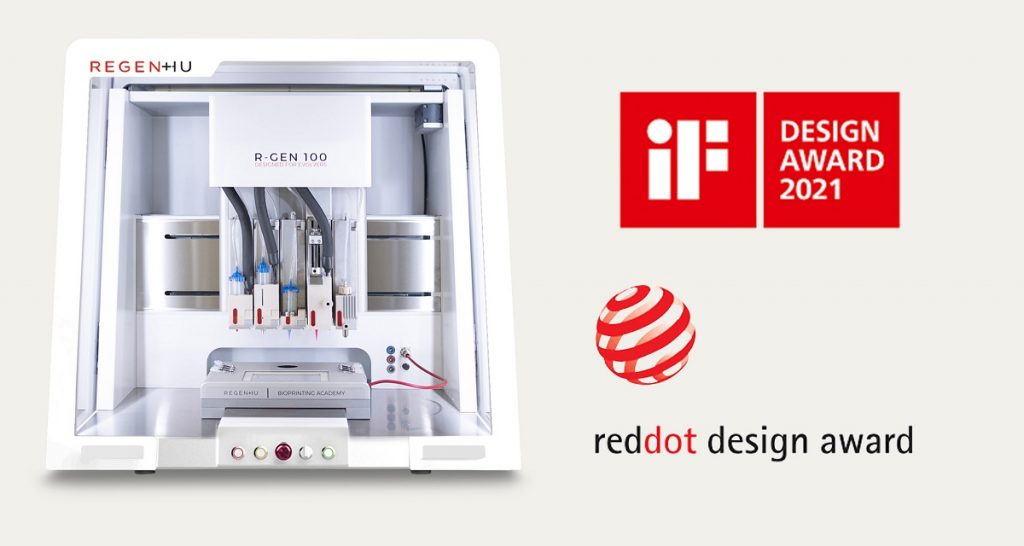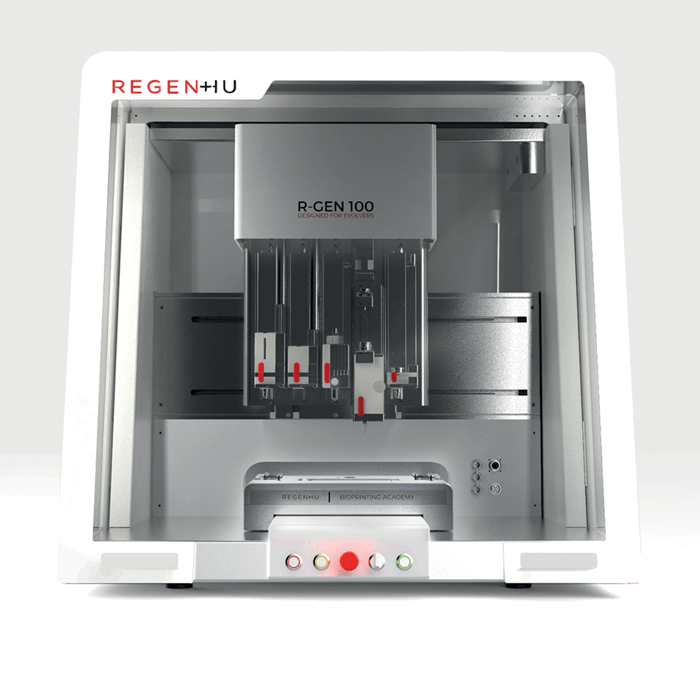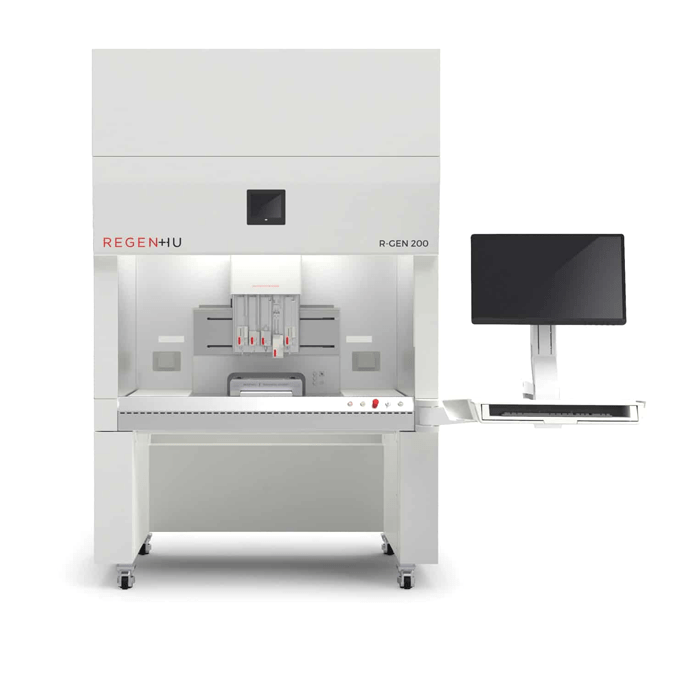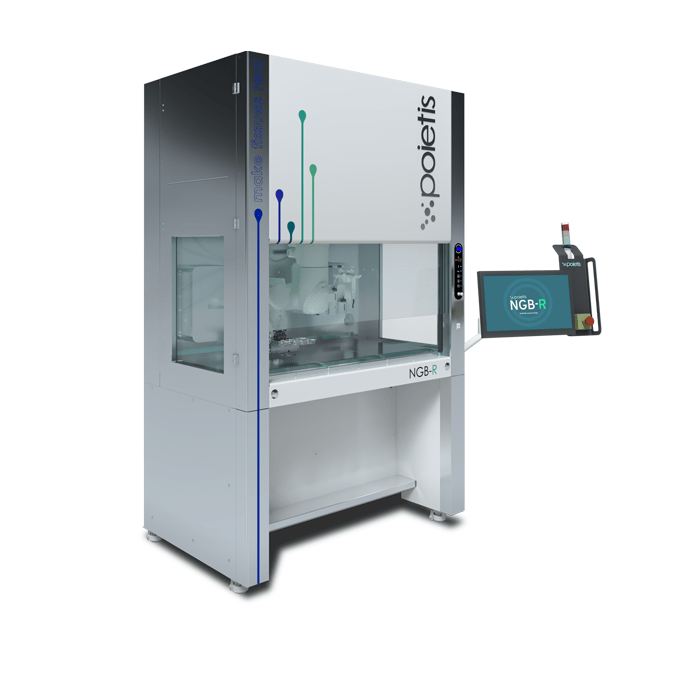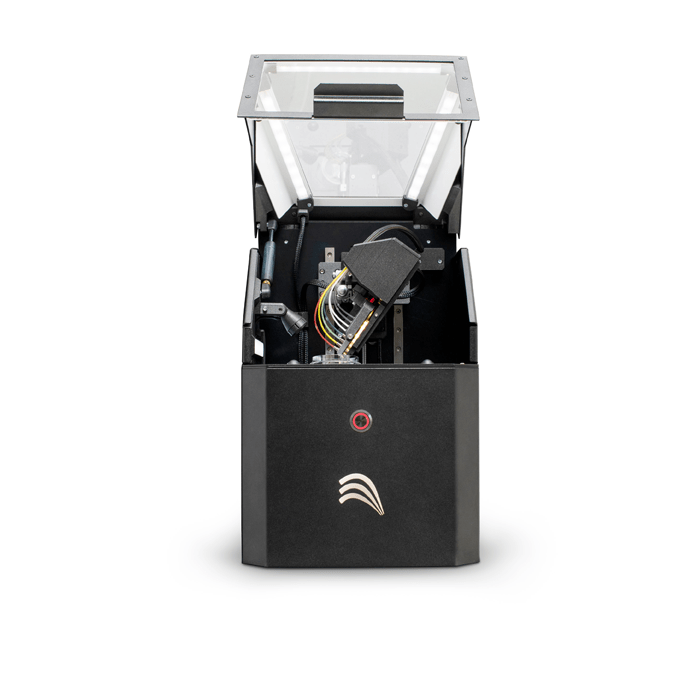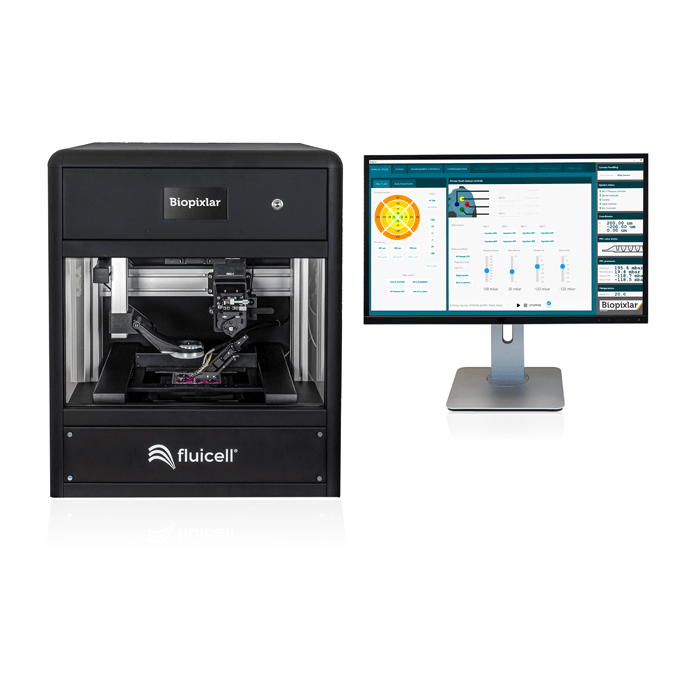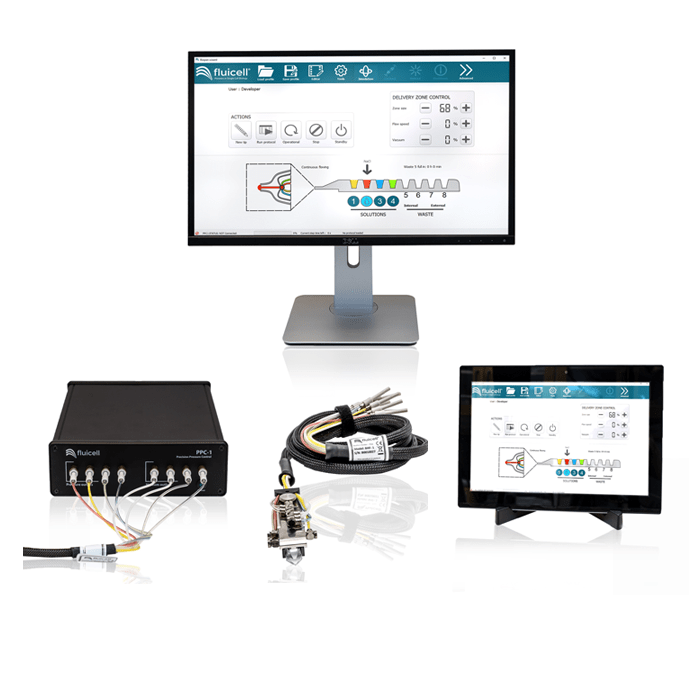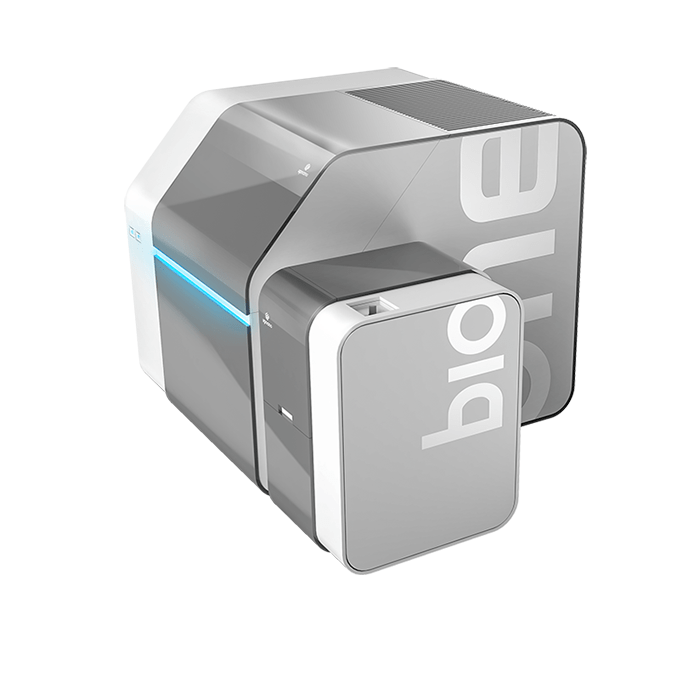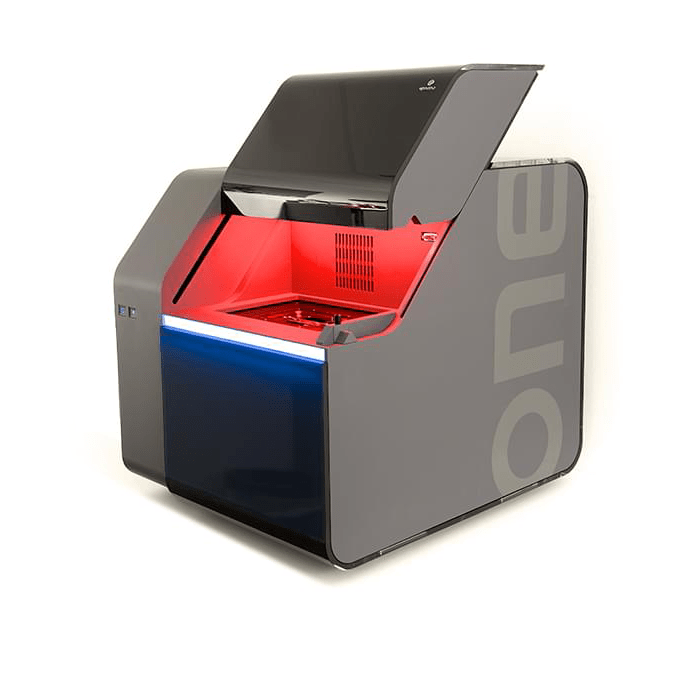AXT has Australia’s most diverse portfolio of bioprinting solutions for biomedical research that caters for different technical and budgetary requirements. Our bioprinting solutions are sourced from leading manufacturers from around the world.
REGENHU
Swiss Med Tech company, REGENHU focuses on creating advanced bioprinting instruments with user-friendly software that performs tasks with accuracy and repeatability such as the award-winning R-GEN 100. REGENHU’s bioprinting platforms provide versatile and fully customisable configurations to cover all your biofabrication needs with including systems suitable for academic and commercial-scale production.
Poietis
Poietis is a biotechnology company specialising in the development and manufacturing of human tissues by 4D bioprinting using their laser-assisted nozzle-free technology. Since its inception in 2014 the company has been developing physiological models, particularly in partnership with the world’s leading pharmaceutical and cosmetic groups such as BASF and L’Oreal. Poietis markets Poieskin®, the first commercial bio-printed human tissue.
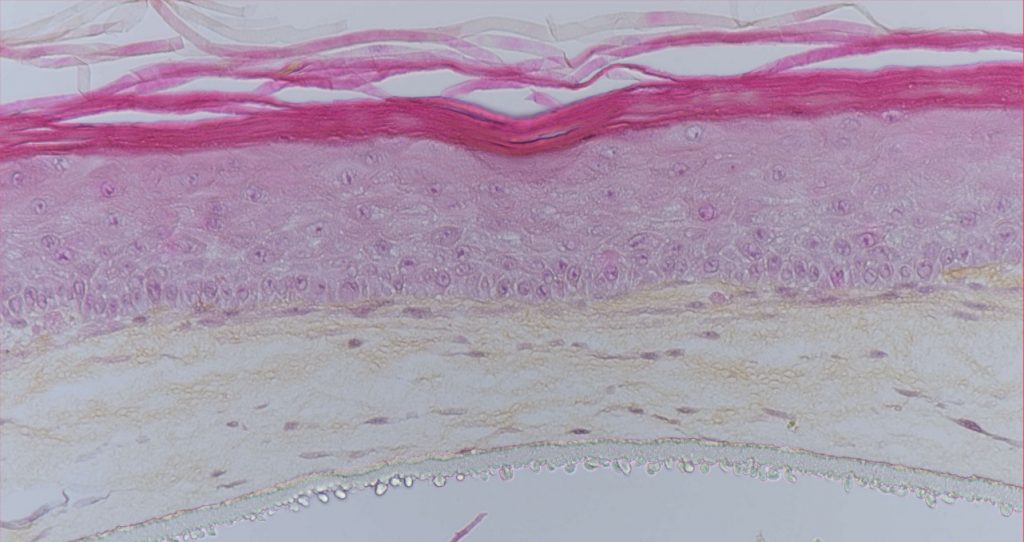
Fluicell
Fluicell is a public biotech company providing single-cell microfluidic research tools to investigate cell behaviour like never before.
They are world leaders and pioneer in open-volume microfluidics with a strong IP and patent position with five different patent families.
Their BIOPIXLAR® is a completely new type of bioprinter with the unique capability to position cells in three dimensions with high resolution and precision without the use of bioink. Fluicell’s product portfolio primarily caters for drug development and cell biology.
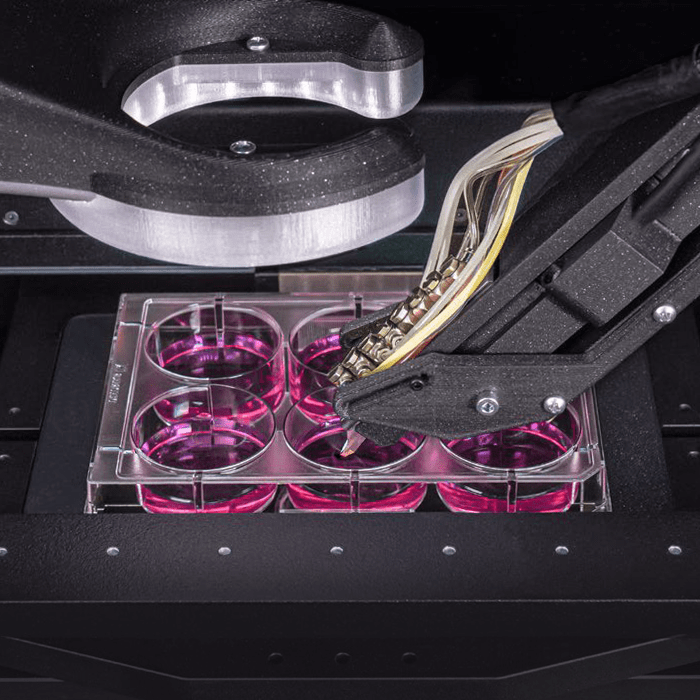
UpNano
UpNano’s materials allow the fabrication of structures and surface textures mimicking the microenvironment of cells. These three-dimensional culture approaches, and especially the results obtained from them, are becoming increasingly important in preclinical research into therapeutic strategies.
UpNano offers two platforms of high-resolution 3D printing systems based on 2-photon polymerisation with sub micrometer resolution, the NanoOne and the NanoOne Bio.
